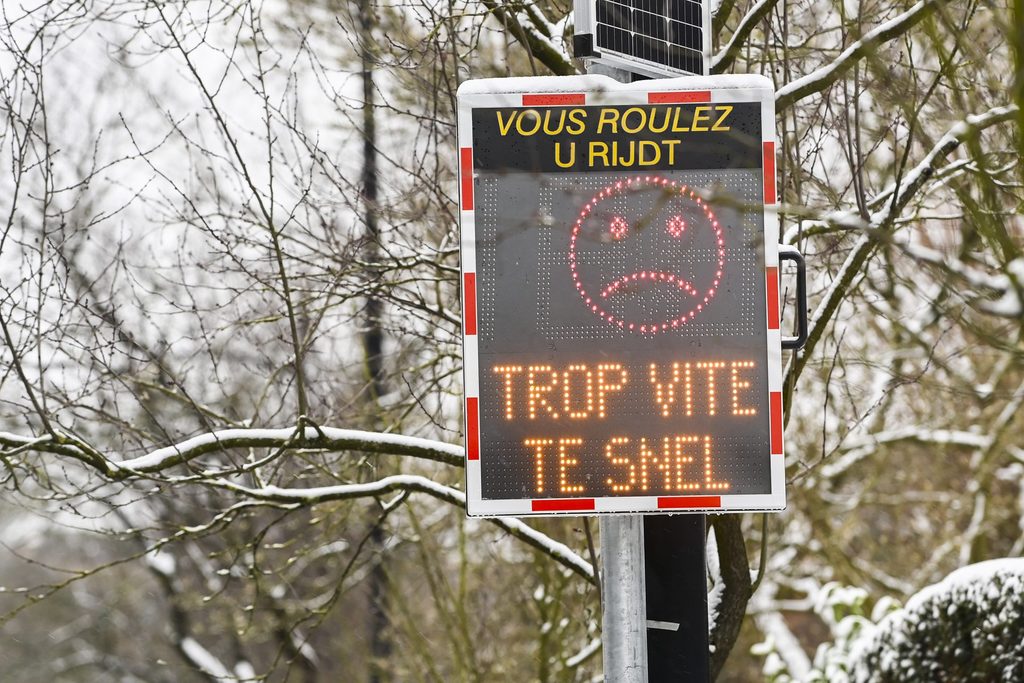People driving a company car who commit a minor speeding offence can in some cases get away without paying a municipal administrative fine (GAS), which are issued for less serious breaches of the highway code.
Since February 2021, local councils can punish minor speeding offences themselves via a so-called GAS fine but these have been criticised for not having the legal power to pursue the driver. Indeed, the Flemish Mobility Council (MORA) reported to the Flemish parliament that municipalities lack the jurisdiction to demand that companies reveal the identity of the driver if the vehicle belongs to a company rather than an individual.
MORA explained that "a refusal by the company to identify the driver usually results in the termination of the fine procedure."
In order to issue a fine, the driver’s name must be provided. Whilst a fine ordinarily goes to the owner of the car's number plate, this is problematic when a car is in the name of a company. In Flanders, around 25% of employees drive a company car.
Whilst it is normally up to the legal owner of a vehicle to let the sanctioning officer of the municipality know who the actual driver was, not all companies choose to disclose this information, De Standaard reported on Tuesday. Instead, they can simply write on the reply form that they were not the driver at the time of the offence. In many cases, they are not contacted about the fine again.
Forcing information
Municipalities have very little power to push for an answer. According to MORA, part of the solution lies with the Justice Department which unlike municipalities can force owners to disclose the driver's identity.
It can even give prison sentences of up to two years and fines of €4,000 for those who refuse. However, the Flemish public prosecutors do not prioritise such minor fines.
The Flemish Association of Cities and Municipalities (VVSG) again urged Flemish Mobility Minister Lydia Peeters to "address the known problems quickly in the interests of road safety".

